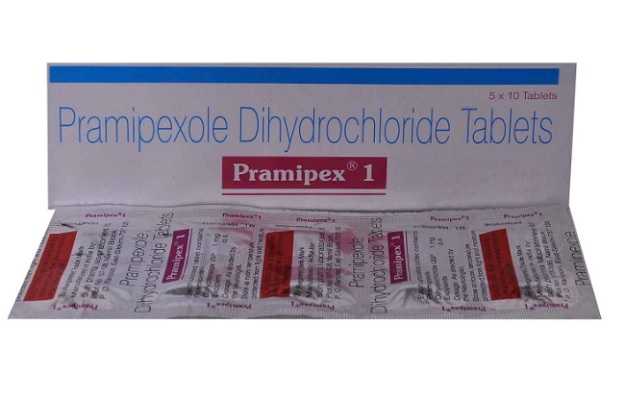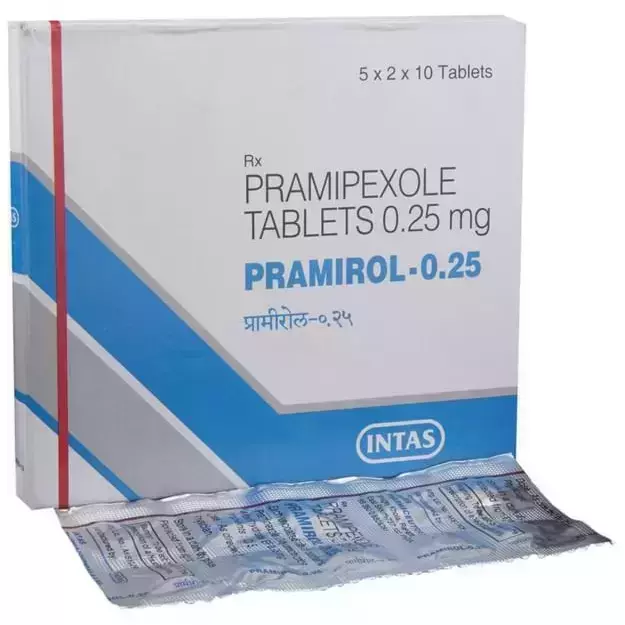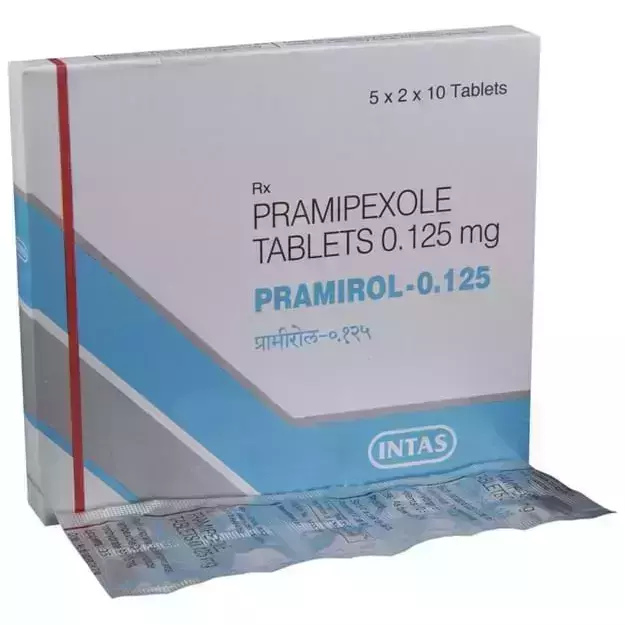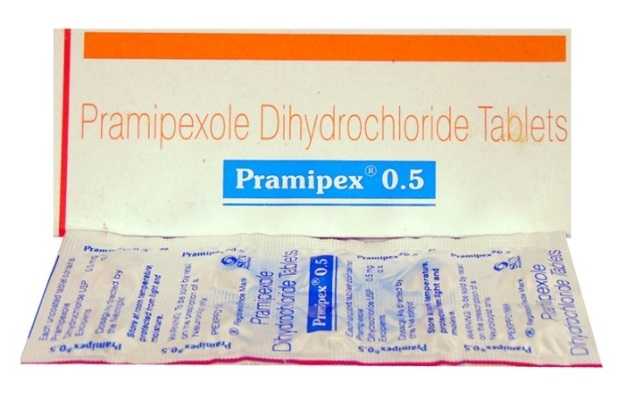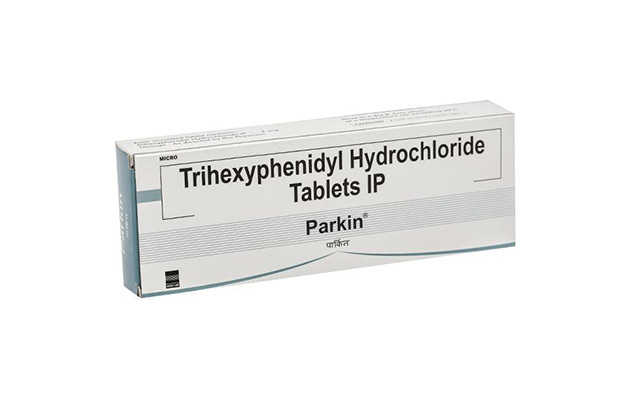Pramipex 1 Tablet is a commercial drug that is prescribed in the form of Tablet. It is primarily used for the treatment of Parkinson's Disease. Pramipex 1 Tablet also has some secondary and off-label uses. These are listed below.
Medical history of the patient along with age and gender determines the dosage of Pramipex 1 Tablet. The condition it has been prescribed for, and the route of administration also determine the right dosage. Detailed information has been provided in the dosage section.
Apart from the aforementioned side effects, Pramipex 1 Tablet can also lead to other problems, which have been listed below. Usually, these side effects of Pramipex 1 Tablet go away soon, and do not persist beyond the duration of the treatment. However, if these continue for a longer time, consult your doctor right away.
It is also important to note that Pramipex 1 Tablet has a Moderate effect for pregnant women and Severe effect on lactating mothers. Further, the section on Pramipex 1 Tablet related warnings talks about Pramipex 1 Tablet's effects on the liver, heart and kidney.
Pramipex 1 Tablet can cause adverse effects in certain medical conditions. It is strongly recommended to avoid Pramipex 1 Tablet in conditions like Schizophrenia, Heart Disease, Kidney Disease.
Additionally, Pramipex 1 Tablet may also adversely react with other medicines. A complete list of these interactions is given below.
In addition to the above precautions for Pramipex 1 Tablet, it is important to know that it is not safe while driving, and is not habit-forming.

